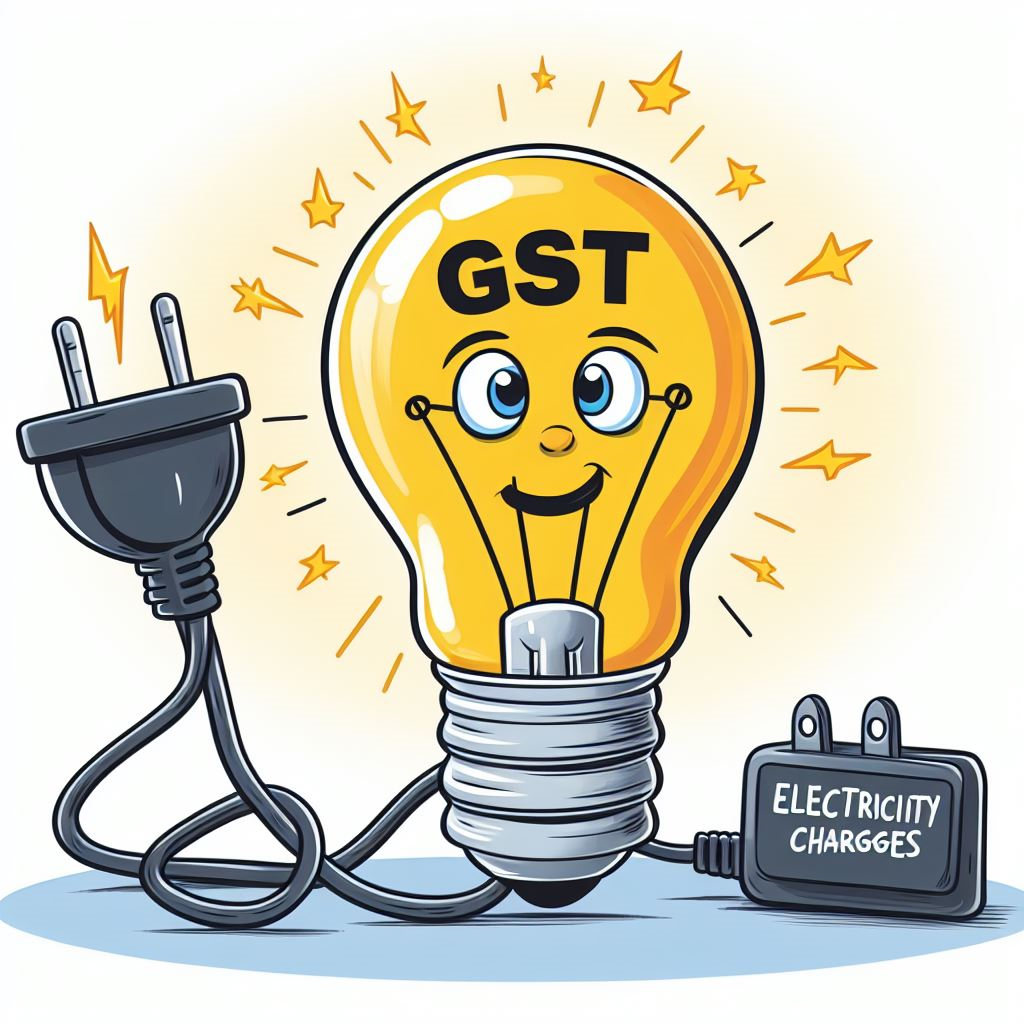GST on Electricity: Illuminating the Path to Reform
Why GST on Electricity?
In a bid to modernize and streamline the taxation framework, the Indian government is contemplating a significant move—bringing electricity under the ambit of Goods and Services Tax (GST). This bold step has sparked discussions across industries, states, and households, with stakeholders eager to gauge its potential implications.
Understanding the Industry's Perspective about GST on Electricity.
The Union power ministry, in collaboration with audit and consulting firm Deloitte, sought to analyze the impact of this proposed shift. The findings revealed a potential boon for industries, anticipating a reduction in levies and increased competitiveness. The key lies in the ability of businesses to claim input tax credits, making electricity a more cost-effective resource.
States' Dilemma: Balancing Revenue and Reform
However, the move has encountered resistance from some states concerned about potential revenue loss from electricity duties. The government aims to strike a delicate balance by considering the overall scenario, assessing which states stand to lose how much. The political sensitivity of the domestic sector further complicates the equation, as the impact on household budgets becomes a focal point of discussion.
GST on electricity and the Current Taxation Landscape
Currently, power utilities pay GST on capital goods and raw materials, with the embedded tax forming a part of the electricity price. Bringing electricity under GST would revolutionize this structure, allowing manufacturers to offset their output tax liability and fostering competitiveness in the sector.
Is GST levied on electricity? What is GST rate on electricity?
The supply of electricity is exempted from GST in India as per the Notification 02/2017 (Central Tax) dated 28 June 2017 under the heading “Electrical Energy” (HSN Code: 27160000). However, if any person other than electricity transmission or distribution utility supplies electricity, it will attract GST at the rate of 18%
States' Potential Solution: A Balanced Approach
To mitigate states’ concerns about revenue loss, discussions suggest retaining state electricity duties at a lower level while incorporating electricity into GST. This proposed strategy aims to keep the reform revenue-neutral for states while offering the industry a more efficient tax system. A recalibration of state electricity duties could be the key to achieving this delicate equilibrium.
Who will be the Prime Beneficiaries of this move?
Once electricity is included in GST, coal-based thermal power plants are expected to emerge as major beneficiaries. The ability to use tax credits efficiently could significantly impact their operational costs. This development serves as a potential test case for expanding GST to include other essential commodities like petrol, diesel, crude oil, natural gas, and jet fuel. The decision of levying GST on electricity may benefit some consumers and not others, depending on their eligibility for ITC and the value added by DISCOM.
Timeline and Challenges.
Despite the potential advantages, the implementation of GST on electricity is expected to take several years. States are yet to be fully convinced, with estimates suggesting a timeline of five to ten years for the proposal to materialize.


